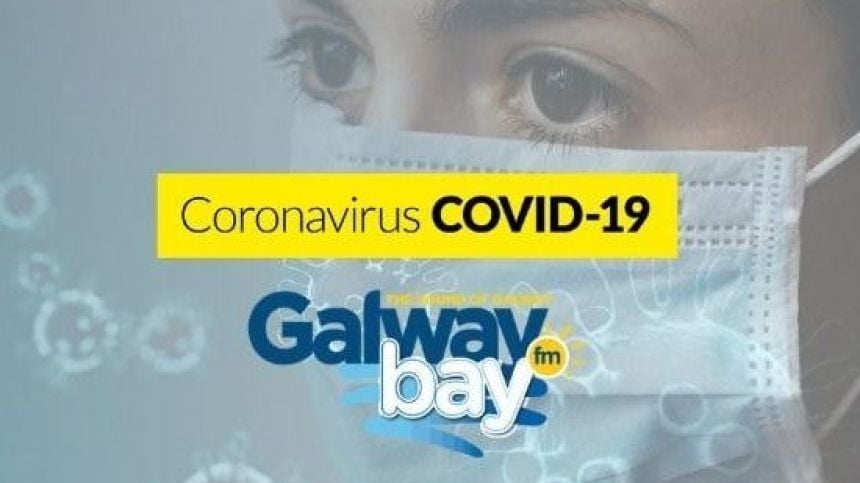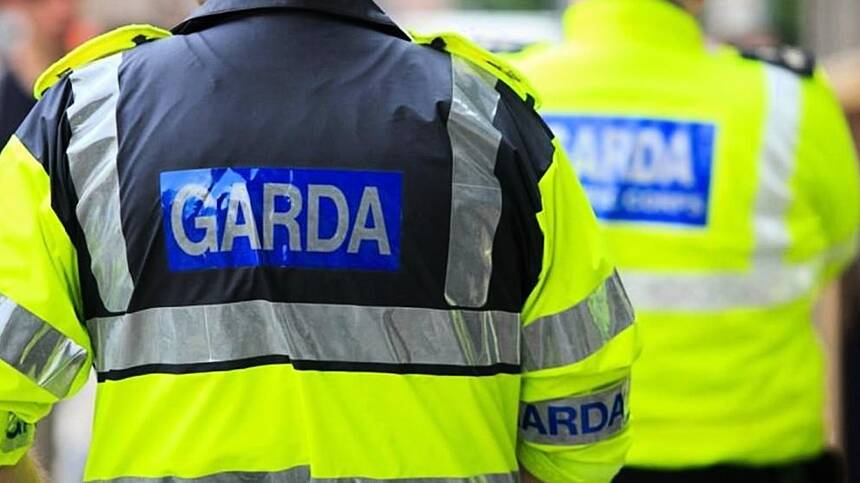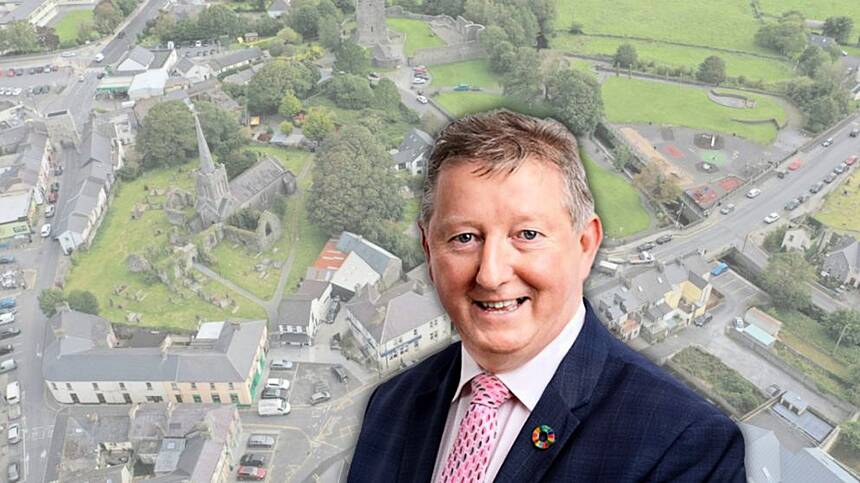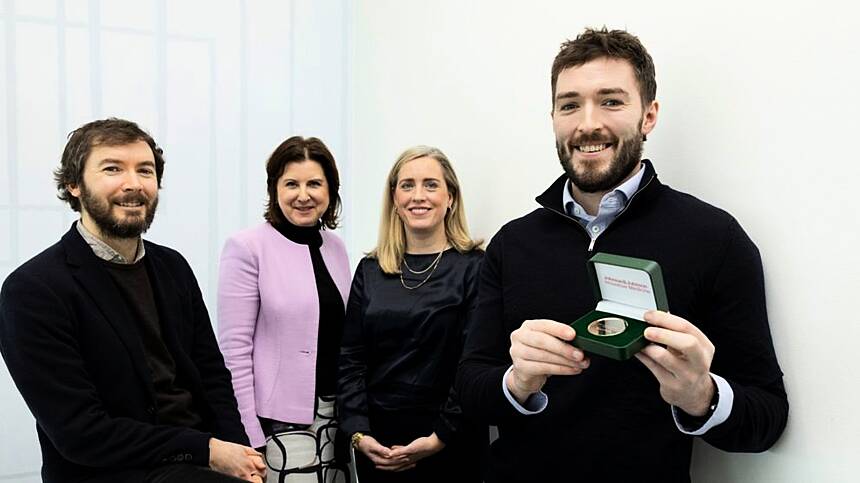Statement from the National Public Health Emergency Team
The Health Protection Surveillance Centre has today been notified of 783* additional cases related to COVID-19.
As of 8am today, 73 COVID-19 patients are hospitalised, of which 20 are in ICU. 13 additional hospitalisations in the past 24 hours.
Dr Tony Holohan, Chief Medical Officer, Department of Health said: “Throughout this pandemic, we have been mindful of the disproportionate impact the necessary public health measures have had on certain people in our society. Unfortunately, this remains the case and we are continuing to see our young people suffer a great burden as they wait for their vaccinations.
“As we continue to re-open society and enjoy being able to meet loved ones again, it is important to remember that not all social situations are the same. There are certain instances, that are riskier than others. As we have said throughout this pandemic, COVID-19 spreads much easier indoors and when public health measures are not prevalent and as such, it is important to exercise caution in all environments as we continue to safely meet others.”
Dr Ronan Glynn, Deputy Chief Medical Officer, Department of Health, said: “The latest data is showing clear increases in incidence of disease right across the country. There is no question that the delta variant is having a considerable impact of transmission of COVID-19.
“Delta also appears to be presenting with a different variety of symptoms than we have seen with other variants, including headache, sore throat and blocked or runny nose. If you have any symptoms of a cold or flu it is vital that you isolate immediately and arrange a test.”
Professor Philip Nolan, Chair of the NPHET Irish Epidemiological Modelling Advisory Group said: “We know that the Delta variant is now responsible for most cases in Ireland and that it is at least twice as transmissible than the previous dominant variant. We have seen incidence increase significantly over the last two weeks, especially in unvaccinated groups. Infections are now growing at 2-4% per day. We can control this, and as we move towards a further re-opening of society next week, it is important to remember that the public health advice that we all so familiar with is as effective in breaking the chains of transmission of the Delta variant as it has been throughout the pandemic. Avoid crowds, wear a mask, manage your contacts, keep
your distance, meet outdoors where possible, and, if indoors, ensure that the room is well ventilated.”
Professor Karina Butler, Chair of the National Immunisation Advisory Committee said: “70% of the adult population have had at least one dose of COVID-19 vaccine and almost 60% of adults are now fully vaccinated against COVID-19. When we consider where we were with the trajectory of this disease just a few short months ago, these statistics are truly remarkable.
“The vaccine programme is being delivered in the fairest and most equitable way and continues to prioritise those most at risk from COVID-19. It is really important that when your turn comes, you take your COVID-19 vaccine and that when called for a second dose, that you complete your dosing schedule and wait the appropriate period for full protection. You are considered fully vaccinated: two weeks after you receive the one-dose Janssen vaccine, one week after your second dose of Pfizer, two weeks after your second dose of AstraZeneca and two weeks after your second dose of Moderna.”
Dr Cillian De Gascun, Medical Virologist and Director of the National Virus Reference Laboratory said: “While Delta prevalence continues to increase, the available data in relation to vaccine effectiveness continues to be reassuring. However, high levels of circulating virus in a partially vaccinated population increases the risk of emergence of virus variants. As such, it is vital that we continue to follow the other public health interventions until the majority of our population is vaccinated.”
The COVID-19 Dashboard provides up-to-date information on the key indicators of COVID-19 in the community.







